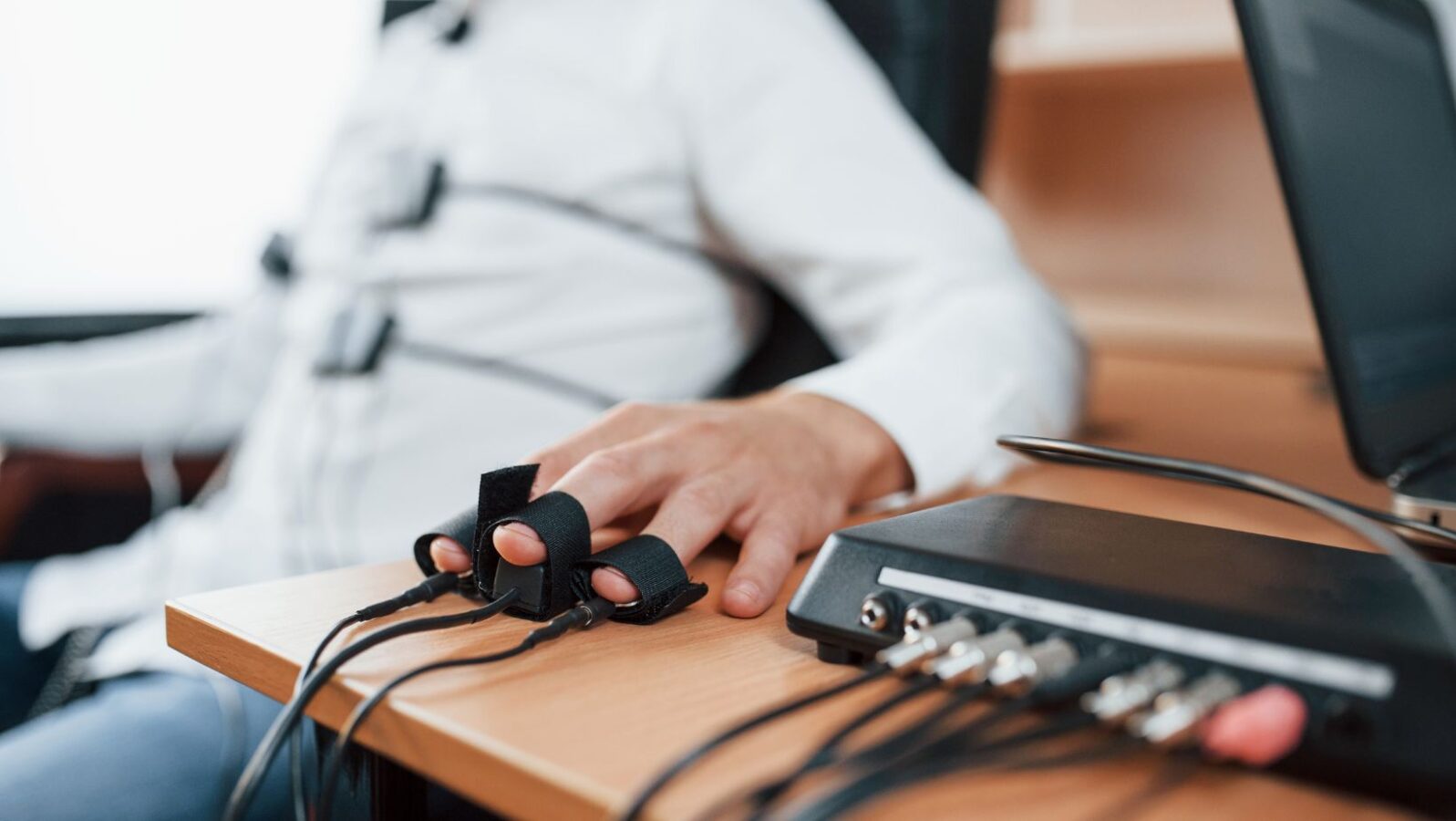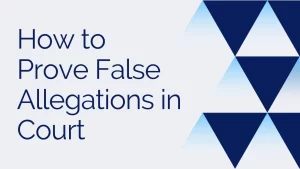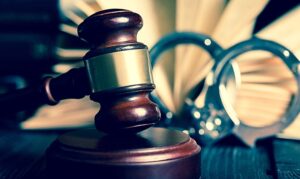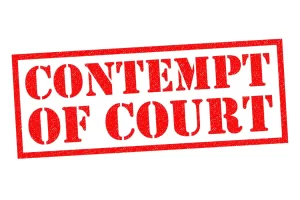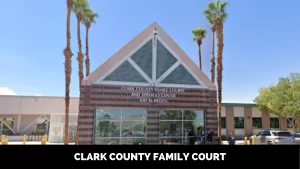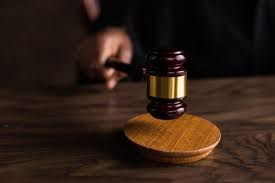Can You Request a Lie Detector Test in Family Court?
Deception and false accusations can derail pursuing justice in family court cases. When the testimony of one parent contradicts the other’s, determining the truth is challenging. You may wonder if requesting polygraph testing, commonly known as a lie detector test, is allowed. While you can request a lie detector test in family court, whether it is permitted and admissible as evidence depends on jurisdiction and case specifics.
When Would a Lie Detector Test Be Helpful?
Lie detector test results could potentialy provide clarity in family court situations like:
Custody Disputes
If parents provide contradicting accounts of events impacting the children’s best interests. Testing could detect false allegations of abuse, drug use, etc.
Asset Division
If a spouse is suspected of hiding assets or lying about the value of property. Testing could uncover dishonesty.
Alimony Arguments
If there are disputes over one spouse’s actual income and ability to pay support. Testing could verify financial claims.
Child Support Debates
If a parent fibs about their earnings to lower support payments. Testing could confirm employment status and income.
Visitation Aggression
If a parent falsely accuses the other of violence to block visits. Testing could disprove fake claims.
But courts will not order testing solely to substantiate general character attacks. Evidence of material deception is required.
Can You Demand the Other Party Take a Lie Detector Test?
You cannot force someone to undergo polygraph testing, even if ordered by the court. Physiological lie detection examination is voluntary. However, refusal to comply with court-ordered testing may elicit negative inferences against the refusing party. A judge may take into account the unwillingness to participate.
What is the Process to Request Testing?
If you want to request polygraph testing in your family court case, follow these general steps:
1. Consult Your Attorney
Discuss with your lawyer whether your jurisdiction allows testing and if your grounds justify the request. Get advice on the procedures and chances of success.
2. File a Written Motion
Cite the factual reasons for your request and explain how resolving the disputes depends on verifying credibility. Include your willingness to also be tested.
3. Attend the Hearing
The judge will hold a hearing to assess if testing is warranted and permissible. Be prepared to provide evidence backing up your claims.
4. Comply with Court Orders
If granted, follow the testing procedures ordered by the court, such as location, technician, questioning limitations, etc.
5. Submit Results
Have the examiner’s report entered into evidence. Ensure the findings conform to admissibility standards.
Follow all ethical protocols, orders, and rules to gain court acceptance of the results.
When Will a Court Allow Polygraph Testing?
Judges have discretion over whether to permit polygraph testing. They typically consider:
- Materiality – Does the deception relate to a vital custody, support, or division issue?
- Fairness – Are the questions impartial and both sides are willing to undergo testing?
- Scientific Reliability – Is the methodology and examiner deemed scientifically valid?
Courts scrutinize testing requests to prevent delay tactics, witch hunts, inconclusive results, and intimidation. Expect an uphill battle.
Can Polygraph Results be Used as Evidence?
The inherent inaccuracies and limitations of lie detector tests make their admissibility as affirmative evidence controversial. Courts that do allow testing usually only permit results that corroborate other evidence or prove witness credibility. Polygraph outcomes alone are rarely determinative due to unreliability concerns. Expect the evidence to be attacked.
Who Can Administer the Lie Detector Test?
If the court greenlights polygraph testing, an independent qualified professional examiner must conduct it. They should have appropriate training and credentials. The court will specify protocols for administering the test. Going outside court orders can render results inadmissible.
What Types of Questions Can Be Asked?
The court will limit the subject matter, wording, and quantity of questions. Inquiries must relate directly to material disputed facts at issue in the case. You cannot use testing to conduct vague interrogations meant to hassle or embarrass the other party. Keep focused on central custody, support, and property conflicts.
Can I Reject “Inconclusive” Results?
Polygraph tests sometimes result in inconclusive outcomes when readings are unclear. You can challenge these results as inadequate. However, refusing to accept unfavorable outcomes can backfire. Judges may interpret inconclusive readings negatively against you for resisting the testing.
Can a Judge Rule Opposite of the Test Results?
Yes. Polygraph results are generally not conclusive. The testing only seeks to assess credibility. Judges may consider the findings but still disregard the outcomes if other evidence suggests alternate rulings. Do not rely entirely on lie detector tests directing the judge’s decisions.
What Are the Risks of Requesting Testing?
Potential downsides of seeking polygraph examinations include:
- Inadmissibility – Results may be barred as evidence despite the costly exam.
- Unreliability – Inaccuracies open the door to disputing unfavorable results.
- Intimidation – The other party may refuse testing out of fear, limiting usefulness.
- Delays – Testing takes time and postpones resolution, which can increase costs.
- Aggravation – Failed testing bids worsen tensions between the parties.
Weigh whether verifying deception is worth the risks before pursuing this course.
Can Polygraph Results Support an Appeal?
If the lower court improperly excludes polygraph evidence in error, the appellate court may consider the testing results as grounds for overturning the verdict. However, appeals face an uphill fight given the deference to trial court evidentiary rulings. Rarely will appeals courts second-guess lie detector determinations. Case law must demonstrate clear abuses of discretion.
Conclusion
Requesting polygraph testing to uncover deception in family court is permissible in some cases, but expect an arduous process marred by admissibility uncertainties. While you can petition the court for lie detector tests to clarify disputes involving custody, support, and assets, approval hinges on stringent rules. Results may still be disregarded or challenged. Weigh the benefits against the risks before pursuing this contentious option. Absent corroborating proof of material falsehoods, judges often find polygraph testing unnecessary and inflammatory. Get experienced legal advice to strategize smartly.
FAQs
What happens if my ex refuses a court-ordered lie detector test?
The judge cannot force someone to undergo testing, but refusal may elicit negative inferences about credibility and motive. Judges can take into account unwillingness to comply with orders. However, contempt charges are unlikely since testing is voluntary.
Do I have to take a lie detector test if I requested my ex take one?
To demonstrate good faith, if you request the other party take a polygraph, expect to have to agree to undergo testing yourself. Mutual examinations better reveal who is being deceptive. Refusing reciprocal testing damages your credibility and motives.
Can I request a lie detector test at any time during my case?
No, courts frown upon late requests for polygraph testing, as it signals desperation or delay tactics. File your request promptly upon learning of disputed facts where credibility assessments are pivotal. Last minute requests face more skepticism.
If my ex fails the lie detector test, will that decide the case?
Polygraph results alone, whether pass or fail, are rarely decisive or conclusive. At best, outcomes corroborate other evidence or indicate deception exists. But judges weigh totality of proof, not just testing. So failures do not guarantee your desired outcome.
Can I administer a secret lie detector test outside of court?
No, unauthorized secret testing violates court rules and raises admissibility and ethical issues. Any testing sought must be approved and ordered by the court. Independent, clandestine polygraph tests will likely be excluded and anger the judge.

